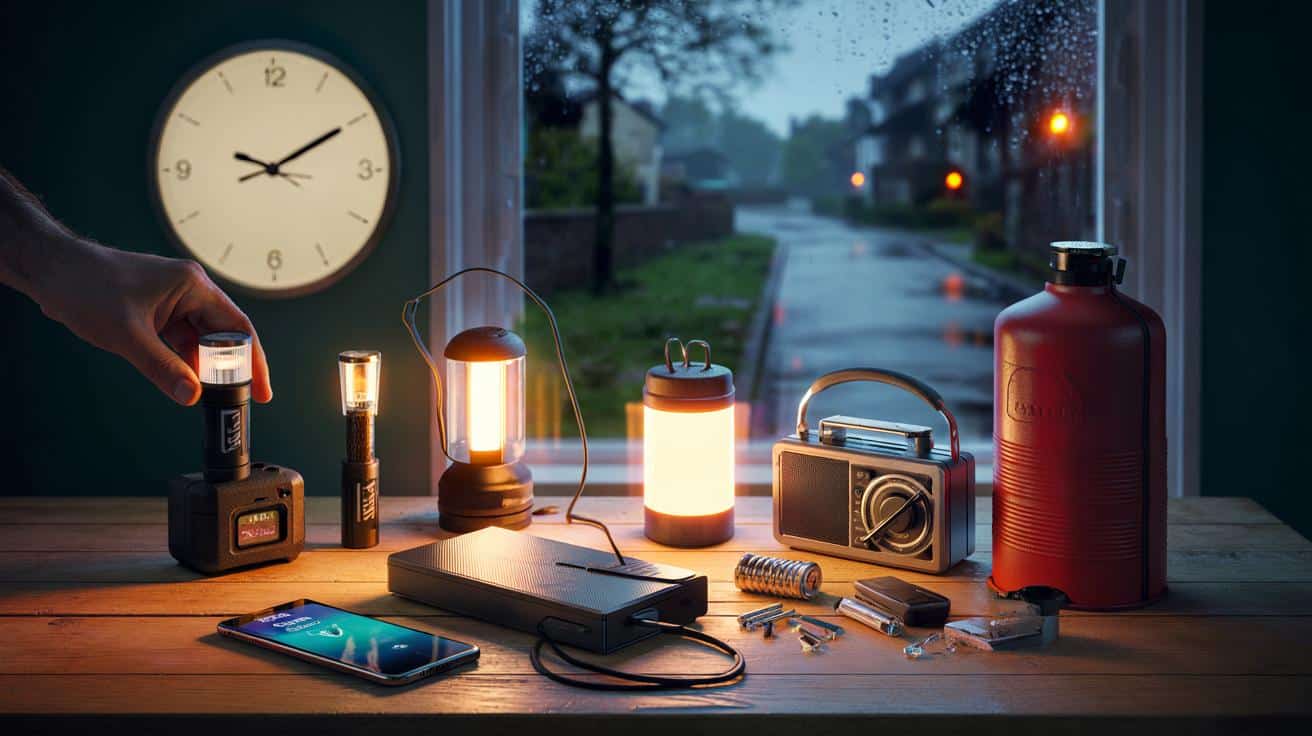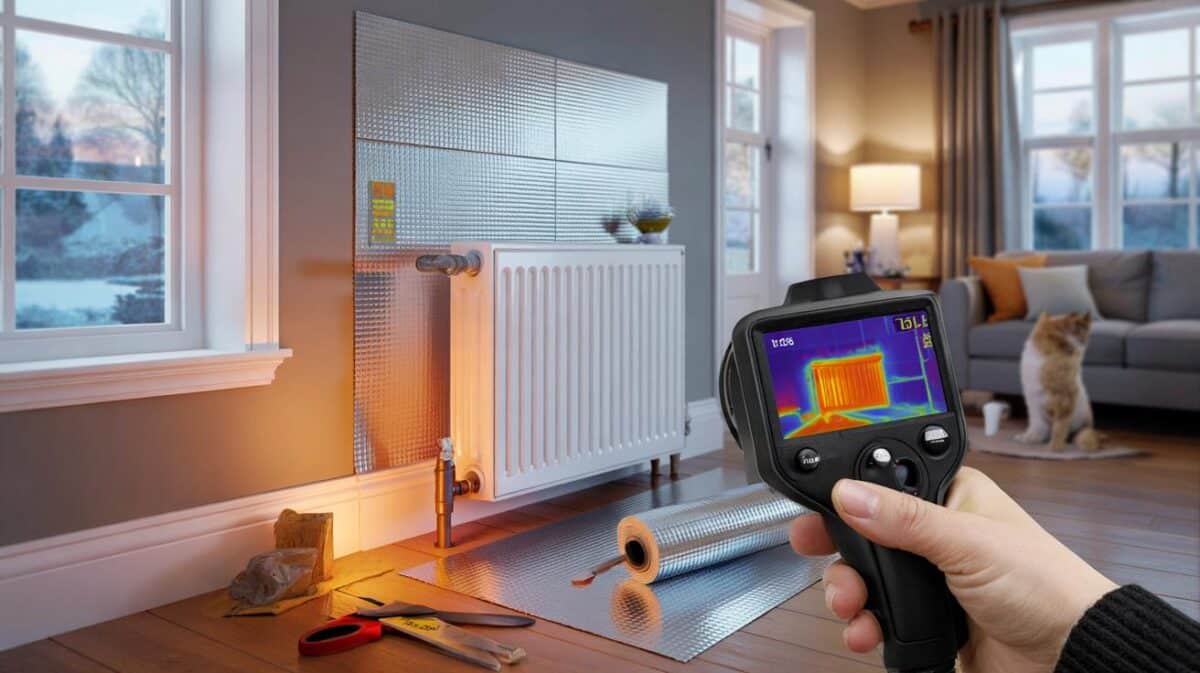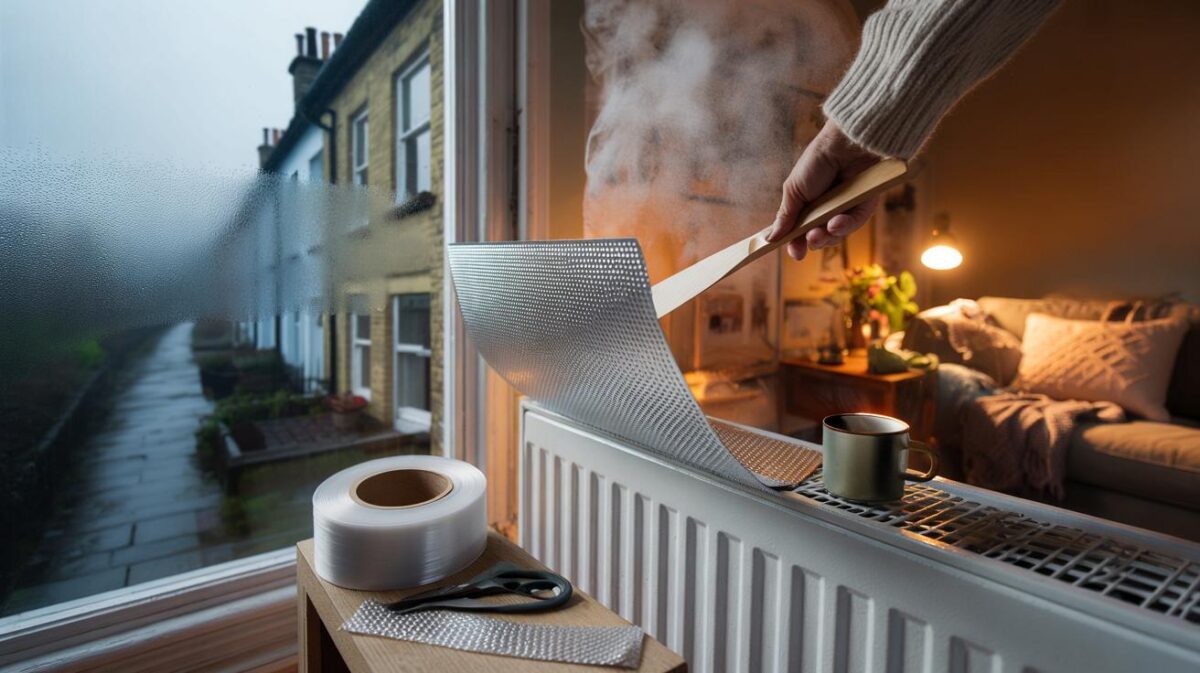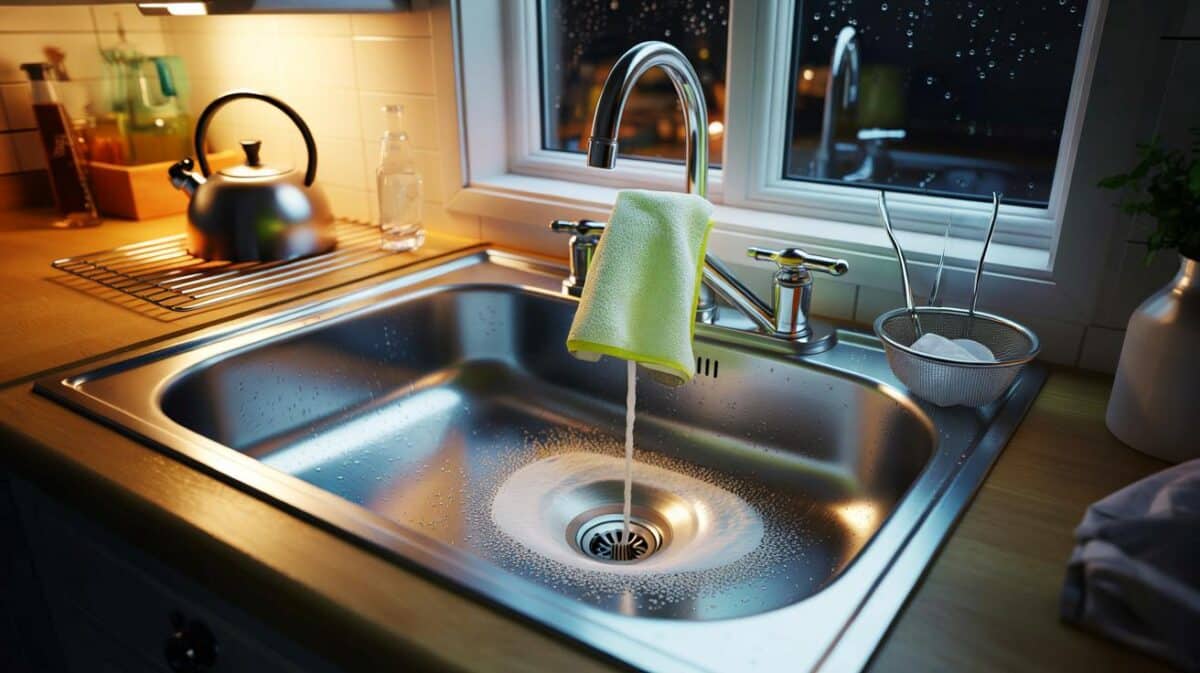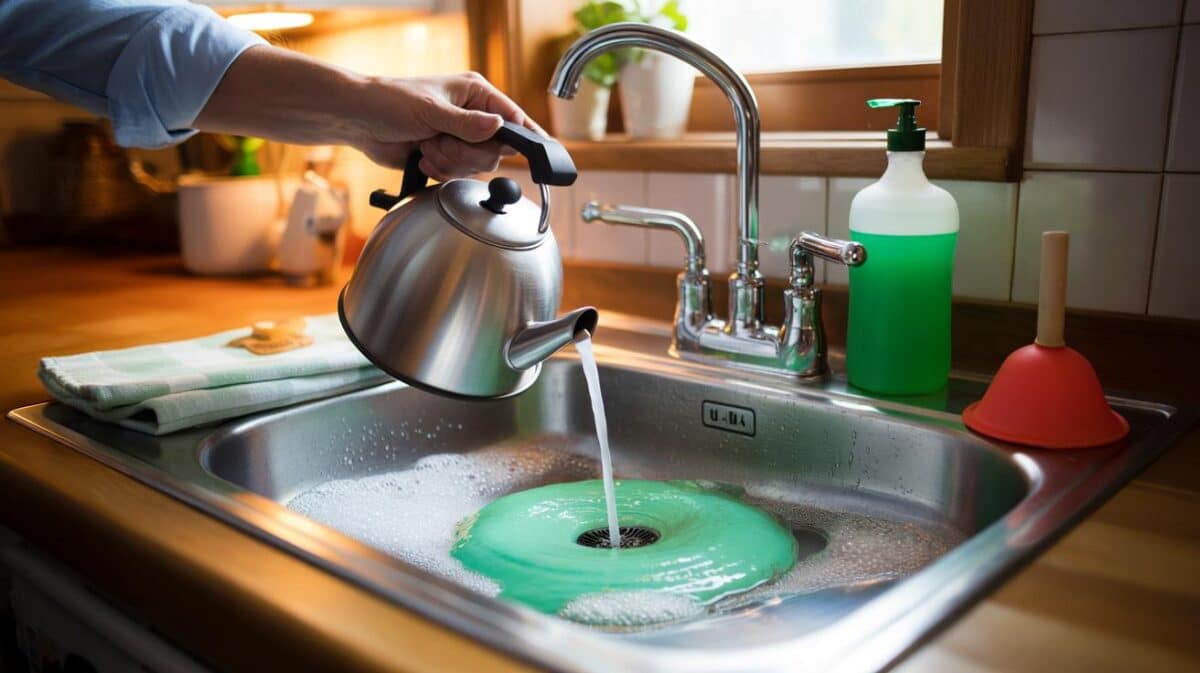A few cheap items now could spare you a long, cold night this week.
Britain shifts the clocks back an hour at 2am on Sunday, pushing sunset earlier and stretching the evening peak. That change collides with blustery weather and heavier demand, raising the chance of short power cuts just as families settle in for the night.
Why the clocks change matters for your power
When the hour falls back, night arrives sooner. Households switch on lights, heating and devices at the same time. Overhead lines face wind, rain and falling branches. Engineers cope well, yet brief outages increase as storm season bites. A small kit turns a blackout from a scramble into a non-event.
Keep bright torches and spare batteries within easy reach. Avoid candles. Tell everyone where the kit lives.
What experts are urging before Sunday
Grid operators and electrical safety bodies have repeated the same simple message: lighting, batteries and phone charge keep you informed and safe during an outage. Use a dedicated torch rather than your mobile’s light. Save your phone battery for updates and calls. Place lighting on every floor, with one torch beside each bed.
A recent survey of 2,000 adults by certification body NICEIC found 45% of people do not own a basic torch. Nearly one in eight homes have no backup kit at all. Over a third would still reach for candles, despite the fire risk. That gap is easy to fix today with inexpensive gear.
Build a blackout kit in under 15 minutes
- Two bright LED torches or head torches, plus spare AA/AAA batteries
- One LED lantern to light a room safely
- A fully charged power bank of at least 10,000 mAh for phones
- Battery or wind-up radio for updates if mobile data struggles
- Spare 9V battery for smoke alarms if your model uses one
- Flask filled with hot water and a hot water bottle on stormy evenings
- List of key numbers: your electricity network, 105, neighbours and relatives
| Item | Suggested quantity | Typical price | What it gives you |
|---|---|---|---|
| LED torch (AA) | 2–3 | £8–£15 each | 8–20 hours of usable light per set of batteries |
| AA alkaline batteries | 12–24 | £6–£12 per pack | Multiple evenings of lighting across several torches |
| LED lantern | 1 | £15–£30 | Hands‑free room lighting without open flames |
| Power bank 10,000–20,000 mAh | 1 | £15–£35 | 2–5 full phone charges to stay connected |
| 9V battery for alarm | 1–2 spares | £3–£6 each | Keeps standalone alarms working if mains fails |
How many batteries do you actually need?
A typical LED torch using one or two AA cells can run for 8–20 hours on low or medium brightness. A household with two torches lit for two hours per evening uses around four AA batteries every three nights. A pack of 12 AAs gives roughly a week to a fortnight of comfortable lighting. Add AAA packs if your head torches, remotes or radios need them, and keep at least one spare 9V if your smoke alarm uses that size. Check your models before buying.
Rechargeable NiMH cells reduce waste and long‑term cost. They hold charge well in a drawer and work reliably in torches and radios. In very cold sheds or cars, lithium AA cells cope better with low temperatures and last longer, though they cost more. Do not mix old and new batteries in the same device.
Use your phone for messages, maps and the 105 power cut line — not as a flashlight. Save the battery for information.
Skip the candles and cut the risk
Flames and darkness are a poor combination. Candles tip, drip and get forgotten when the power returns. Walks on stairs become risky, and wax damages surfaces. LED lanterns and head torches give steadier light with zero fire risk. If you must use a tealight for heat under a stove lighter, keep it on a clear, non‑flammable surface and never leave it unattended.
Staying warm and fed without power
Boilers and heat pumps rely on electricity for controls and pumps, so they stop during an outage. Store hot water in a flask before a stormy evening to make tea or fill a hot water bottle. Layer up early and close curtains to trap warmth. Keep the freezer door shut; a full freezer usually stays cold for around two days if unopened, and a half‑full one for about a day. Move a fridge thermometer to the front so you can read it quickly when the power returns.
What to do on the night the clocks go back
On Saturday evening, top up your phone and power bank. Put torches by beds and in the hallway. Set a battery alarm if your bedside clock relies on the mains. If high winds are forecast, fill flasks and hot water bottles before you switch off the kitchen lights. Check older relatives or neighbours who may not have spare batteries. A quick knock can make a big difference.
If the lights go out, switch off hobs and irons, and leave one lamp on so you spot when power returns. For information or to report a power cut in England, Scotland or Wales, call 105. The call is free. Keep that number written beside your landline and on a note near your front door.
Call 105 for power cut updates and safety advice. It works nationwide and connects you to your local network.
Extra tips that save money and stress
Connectivity
Home broadband often fails when the router loses power. A small DC UPS designed for routers and fibre terminals keeps Wi‑Fi alive for one to three hours and costs about £30–£60. If mobile signals wobble, send text messages instead of making calls. They use less power and often get through first.
Storage and rotation
Keep batteries in their packaging, dry and cool, away from radiators. Do not store loose cells with keys or coins. Mark a calendar reminder to rotate torch batteries every six months. Recycle spent cells at supermarket collection points or civic sites. Many councils provide bins for small electricals and batteries.
Support for vulnerable people
People with medical needs, mobility issues or young children can register with their electricity network’s Priority Services Register. The service is free. It offers tailored updates and support during outages. Carers should help with sign‑up and keep the household’s backup kit ready.
A quick budget plan
If money is tight, buy in stages: this week a £10 torch and a £6 pack of AAs; next week a £15 power bank; the week after, a £15 lantern. By mid‑November you will have robust cover for most short cuts, without a big one‑off spend.
Thinking ahead turns a nuisance power cut into a safe pause. With the clocks falling back at 2am on Sunday and storms queueing up, a drawer of batteries, a couple of torches and a charged power bank look like the cheapest comfort you’ll buy all winter.
